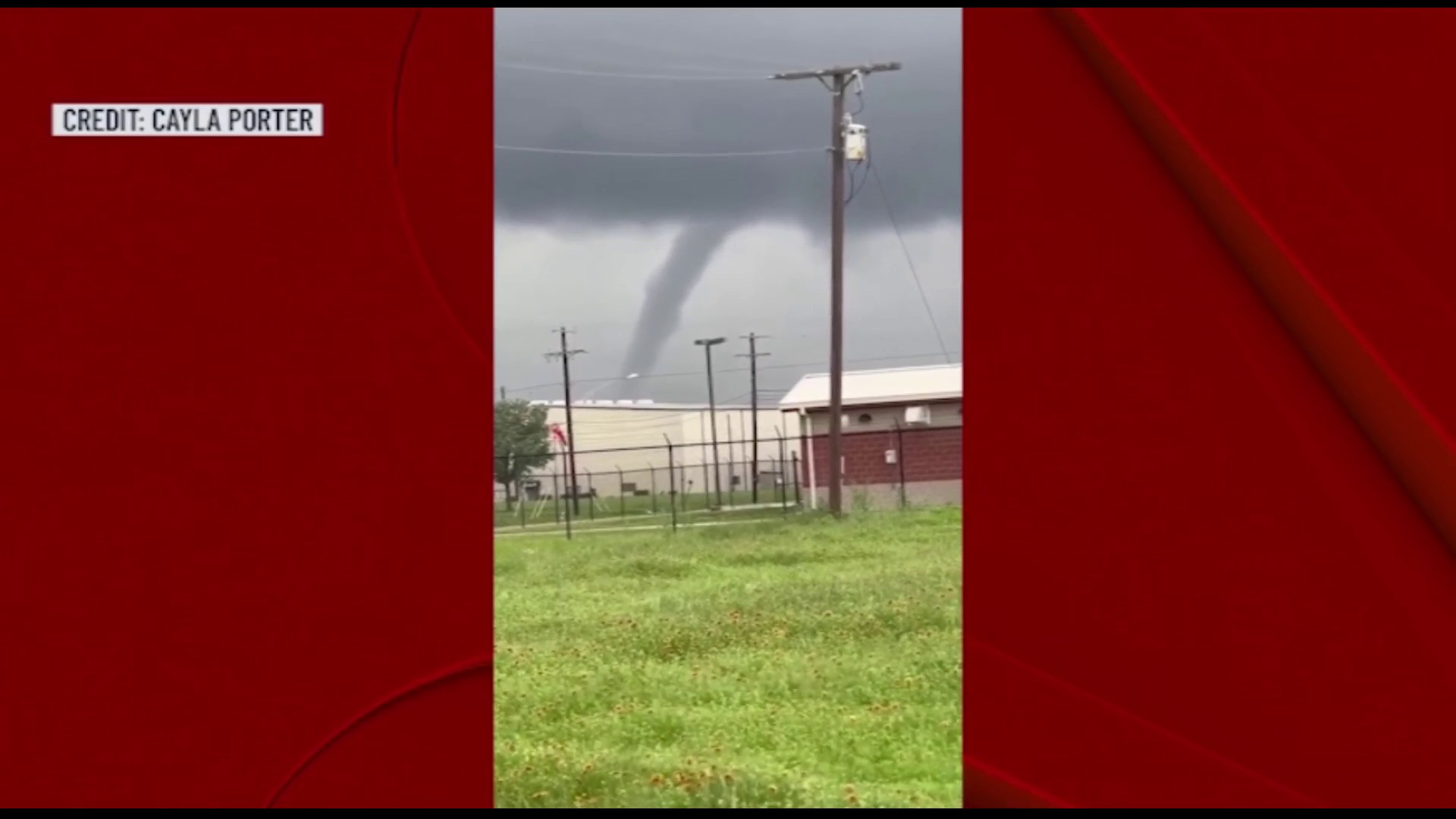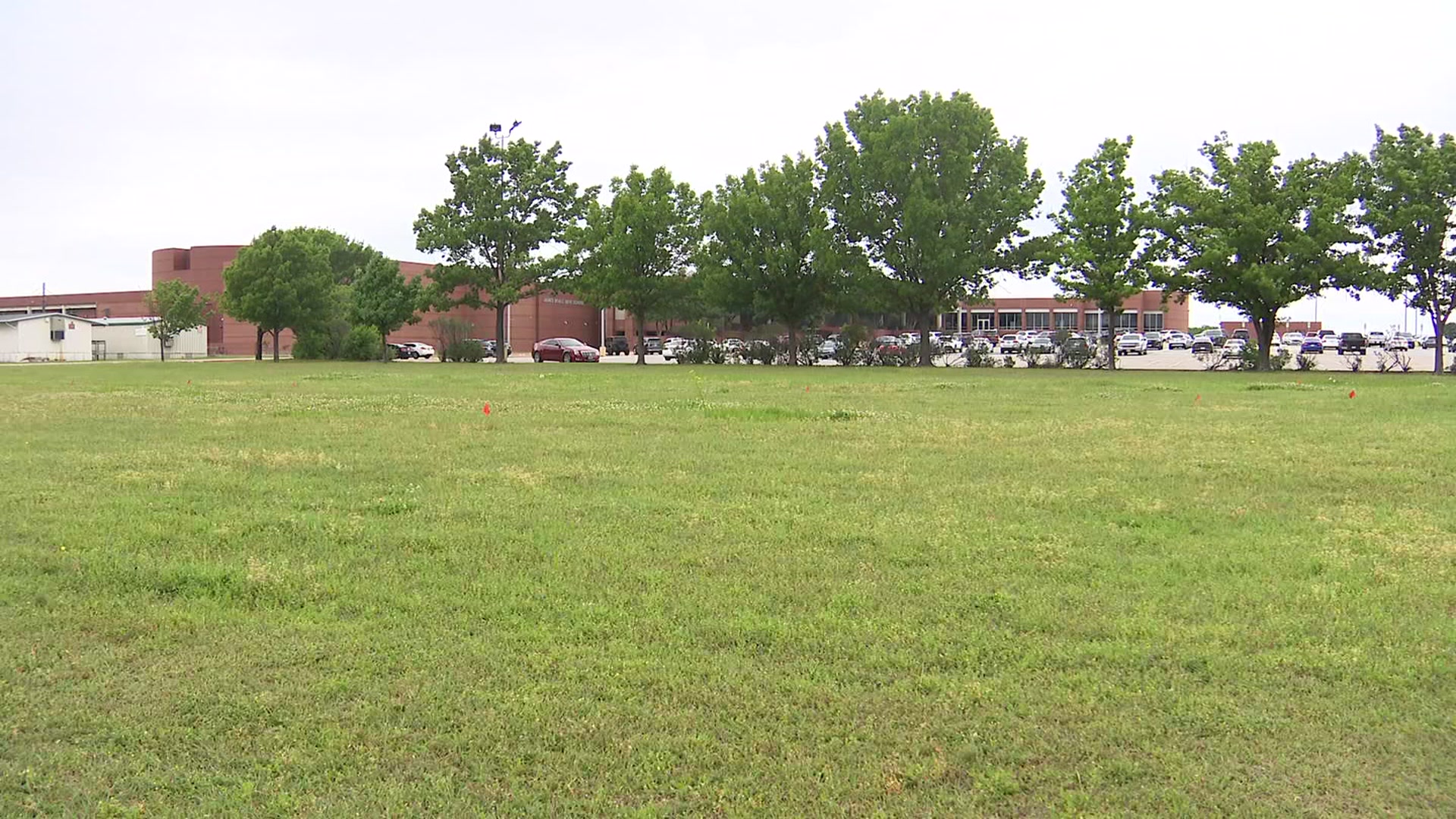There are new developments this week in Asia in the fight against the novel coronavirus.
Japan now confirms the first human-to-human transmission from someone who did not travel to China. The patient is reported to be a bus driver who recently drove for tour groups from central China.
Hong Kong said Tuesday it will cut all rail links to mainland China as the United States and other governments prepare to evacuate citizens from Wuhan, the city of 11 million people where the virus originated.
Last week, Ma Xiaowei, minister of China's National Health Commission said at a news conference that the incubation period for the coronavirus — the period between exposure and the appearance of first symptoms — can range from one to 14 days and that it is infectious during this time. That means a patient can spread the virus before they even start showing symptoms.
Overnight Monday, the number of new virus cases increased by nearly 60 percent with more than 4,500 people now infected. Reports out of China show 106 people have died from the virus so far.
While the news reports may sound frightening, local doctors are urging people not panic but to also stay vigilant.
"So we’re telling the public right now, don’t panic. These viruses have been around for a while. Use precautions that you know, avoid people who are sick. Wash your hands. If you see coughing around you, remove yourself from that situation or ask them to wear a mask," said Dr. Brad Sellers, an ER physician with Methodist Dallas Medical Center.
Local
The latest news from around North Texas.
His hospital is one of several hospitals across North Texas that are now changing their screening methods for patients so that they can get a better idea of where patients have been and who they've been in contact with.
Dr. Sellers said many of these practices were established after local doctors came face to face with the Ebola virus in Dallas in 2015.
"We’ve been prepared for diseases like the coronavirus for a long time, ever since Ebola hit Dallas several years ago," he said. "We started working with our CDC and local health department to determine what we would do if we ever had a high consequence infectious disease, or HCID."
Flu season is in full swing and coronavirus symptoms bear resemblance to the flu, including fever, cough, shortness of breath and sore throat. That's why it's important for doctors to ask the right questions and make sure nothing slips through.
“Our hospital has policies and procedures in place so that if a patient presents to our front desk with any symptoms of cough, cold, flu, fever, bodyaches, anything like that -- we immediately ask them if they’ve traveled out of the country, how long it’s been since they've traveled. If we’ve identified that they are at risk for an HCID, we immediately isolate them and contact our local infection control department," said Dr. Sellers.
Since last week, the Texas Department of State Health Services (DSHS) has identified four people across the state who meet the testing criteria due to their travel history in connection with China and the presentation of respiratory symptoms.
One of those tests came back negative out of Baylor Univeristy. Another person had already tested negative in college station over the weekend. The locations of the other tests and the results are not yet known.
While the virus can be deadly, Dr. Sellers believes those who are more at risk are people with certain pre-existing health conditions.
"The scary part, which I think people are panicking about, is that there's this new, or novel coronavirus that are are producing lower respiratory symptoms like pneumonia and respiratory failure. But we still think it's probably in people who have risk developing respiratory failure like asthma, COPD that put them at risk of death if they get exposed," said Dr. Sellers.
DSHS is working with local health departments to assess people with respiratory illness and recent travel to Wuhan, China for 2019 novel coronavirus testing.
So far, there are five confirmed cases of coronavirus in the United States in Southern California, Chicago, Arizona and Washington state.
On Monday the CDC announced it is boosting staffing at 20 U.S. airports that have quarantine facilities. These are airports that receive 90 percent of airline passengers from China.
As far as we know, Dallas-Fort Worth International Airport is not one of them.
For more information about the state response and monitoring of the novel coronavirus, click here.
To follow updates from the CDC on the national containment and prevention of the virus, click here.




